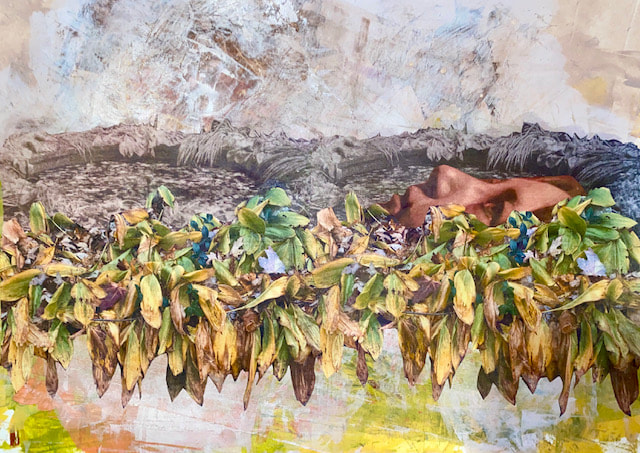|
Some books hit me really hard---they speak deeply to me. Sometimes it takes awhile to understand why. “Invisible Child: Poverty, Survival & Hope in an American City” by Andrea Elliot is a book like that. It is a book about a child growing up in New York dealing with poverty, homelessness, the welfare system and surviving it. The beautiful thing about the book is the author doesn’t just tell the story of one child, she tells the childhood story of many of the adults in the child’s orbit. By halfway through the book I wanted everyone to succeed, as students, as parents, as teachers as social workers. Some did and some didn’t. I could see that the ones who didn’t succeed in their efforts were repeating an endless cycle triggered by neglect from systems and as well, a family history of this neglect in the form of systematic racism and classism. Systems based on inequalities and lack of recognition of value.
Then I asked myself, why did it grab me? What was my identification with the invisible child? I was never homeless, never went hungry. My parents stayed together. And then I remembered, I was an invisible child with a facial disability. I was neglected by a biased societal attitude towards people with obvious disabilities of ‘they belong in the background’. The situation has improved in today’s world but when I was in my teens and developing my identity, the subject of disability was not addressed and my experience was invisible. That caused two things: I gave up on my dreams easily and I developed a hard shell of survival. I was also a parentified child-- taking care of my mother’s shame and other emotions at my own expense—pretending I was ok when I wasn’t. The second reason it spoke to me was the stories of the people who helped the ‘invisible child’--- the people who listened, particularly the journalist who wrote the book. They ‘saw’ her. I realize I still long for mentors on my younger self’s behalf---teachers and guides who would stick by me and make me practice my guitar, encourage me to write, push me to public speak. Through therapy I have internalized “good parent” practices but I have not internalized “good mentor” practices because I simply did not have any and my parents and the school system did not provide them. So what to do when there is a gap in one’s nurturing, education or opportunity? When there is an ‘invisibility’ black hole that I keep falling into? I have found that in order to make sustaining change—to emerge from hiding-- it is necessary for me to do grieving first (how much is unique to each, and it’s important not to get stuck in it). It is important that I let go of the compensating activities such as overwork or over giving so I have time and energy for my dreams. I must begin to practice the feeling that I matter and my creative efforts count and should be counted--that I have a place. (For a good example of this checkout “This is Us” episode 6, season 6, where Beth mentors a ballet student.) When it is no longer unbearable for me to get close to the topic, I can move to the next step. Through memories, imagination and role models, I can establish a feeling of being ‘mentored’ in my nervous system. The last step is finding people in my current life who reflect that quality (models) and establish a relationship where they can remind me to be accountable to my own dreams. I will find outer mentors that help me grow my inner mentor. So I can tell myself, “Ok Go!!!!! Show yourself. Do not be afraid of presenting all you are”
0 Comments
|
AuthorKristi Magraw is known for having developed a unique synthesis of Eastern healing (Five Element theory) and Western ways of working with the mind, called the Magraw Method, which she established in 1979. This method uses metaphoric language and release techniques to help people heal physical and emotional pain. Archives
September 2023
Categories |

 RSS Feed
RSS Feed
